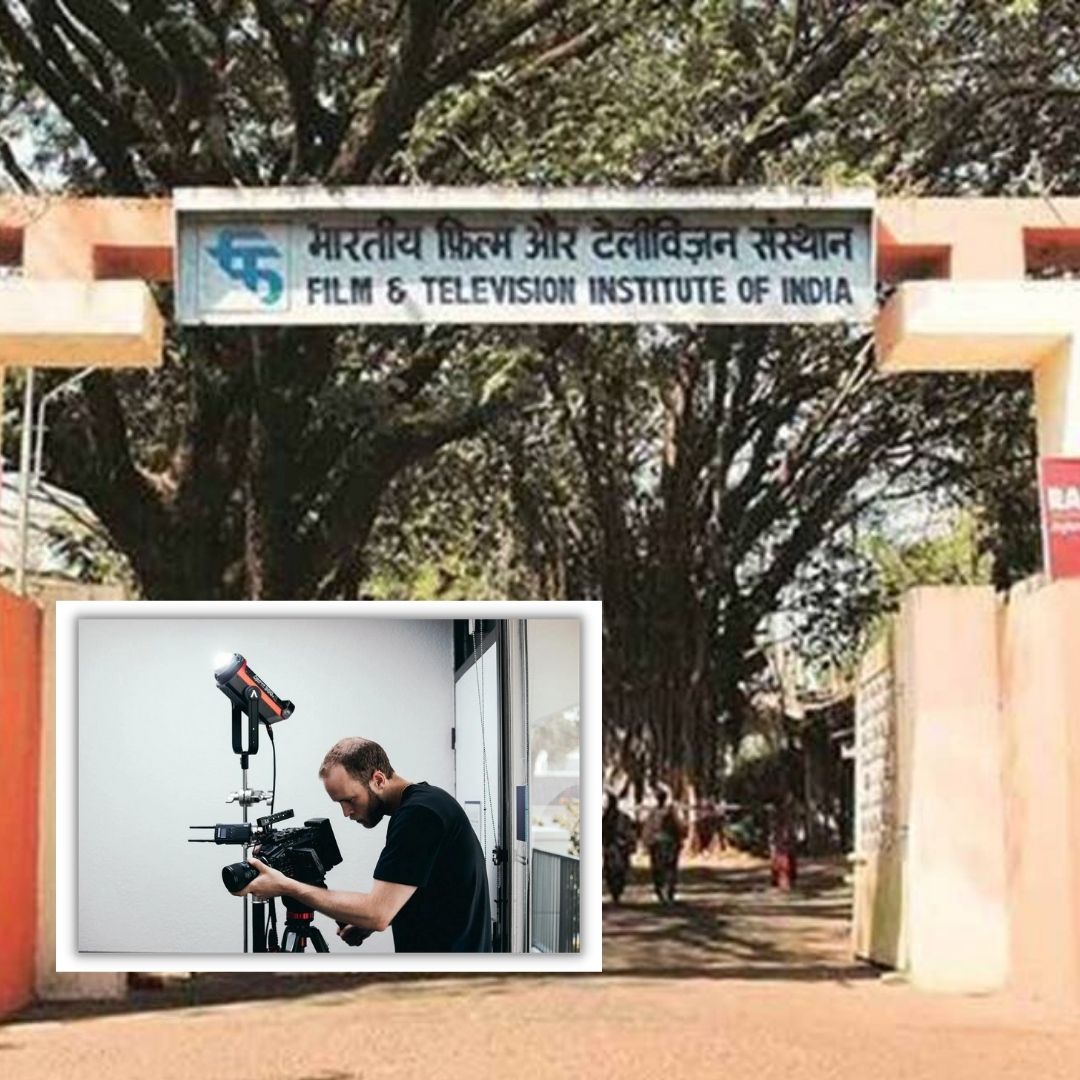
Image Credits: The Indian Express, Pexels (Representative)
'Art Is Non-Conformist': FTII Instructed To Allow Colour Blind Students Into Film Editing Course
Writer: Akanksha Saxena
I am a budding journalist who loves to write stories that have the ability to connect with people.
Maharashtra, 13 April 2022 1:01 PM GMT
Editor : Snehadri Sarkar |
While he is a massive sports fanatic, his interest also lies in mainstream news and nitpicking trending and less talked about everyday issues.
Creatives : Akanksha Saxena
I am a budding journalist who loves to write stories that have the ability to connect with people.
In 2015, Ashutosh Kumar filed a petition against the Pune-based film institute at the Bombay High Court for denying him admission in the film editing course as he was colour blind.
In 2015, a man named Ashutosh Kumar applied to the prestigious Film and Television Institute (FTII) in Pune. He made it to the film editing course, which was what he desired.
However, he was denied admission due to him being colour blind, despite earning his place by merit. Seven years down the line, the Supreme Court has now instructed the college to make their process more inclusive and take in colour blind students in the course that they offer.
In a way, Kumar's fight has come a full circle. His earlier petition was denied by the Bombay High Court, after which he had appealed to the apex court in 2017.
The decision comes in after a court-appointed committee reviewed FTII's admission policies. Further analysis led the bench comprising of Justices SK Kaul and M M Sundresh to endorse the report's view.
'Any Limitation Can Be Overcome'
The Print reports that Kumar's petition stated the unavailability of an ophthalmologist, who could ascertain the extent of his colour-blindness. As a result, he was denied admission due to a module in the film editing course called 'colour-grading' which was compulsory in nature. Therefore, he approached the Bombay High Court but he was denied relief for the same.
After Supreme Court was roped in, it formed a committee in December 2021 to look into the matter. It consisted of an ophthalmologist Jignesh Taswala, a film director, film editors, technicians and FTII's Film editing department head named K. Rajashekaran and a Supreme Court advocate named Shoeb Alam.
While looking into the admission rules, the panel also found that colour blind students were not permitted in courses such as cinematography, electronic cinematography, art direction and production design etc.
On reviewing the policies, the panel were of the view that the colour-grading module should be made an elective.
However, the film editing department head was against it, stating that it could 'challenge' the knowledge of experts who designed the course. In light of this, Supreme Court made its inferences and asked the institute to make its admission rules more inclusive in nature.
"Restricting entry of colour-blind candidates may sacrifice creative talent and stultify the development of the art, as inclusivity enriches it. Any limitation can be overcome in education and professional life," the committee said.
With the help of this, the apex court bench decided to look into Ashutosh Kumar's request directing the FTII to admit him in the upcoming session.
Also Read: Humanising HIV+, Asia's First All-HIV+ Cafe Embraces One And All In Kolkata
 All section
All section














